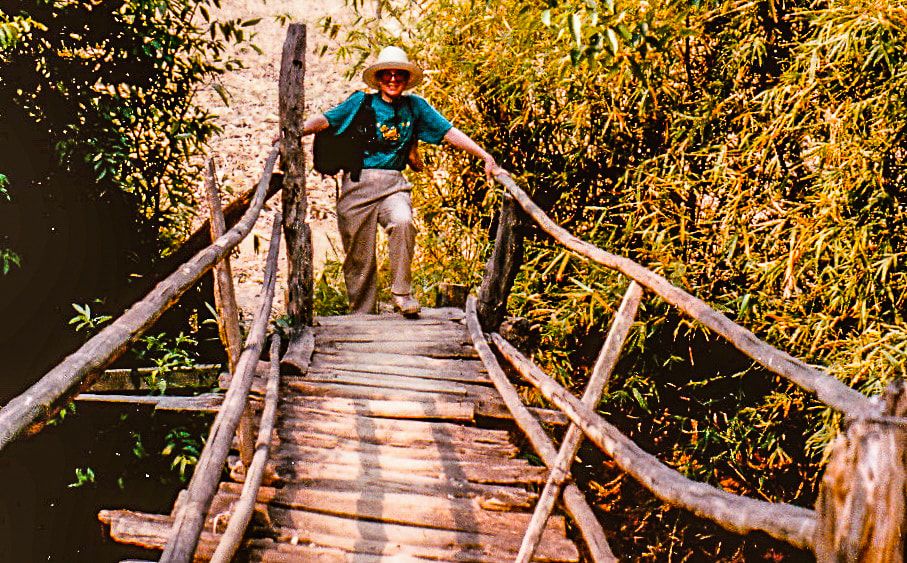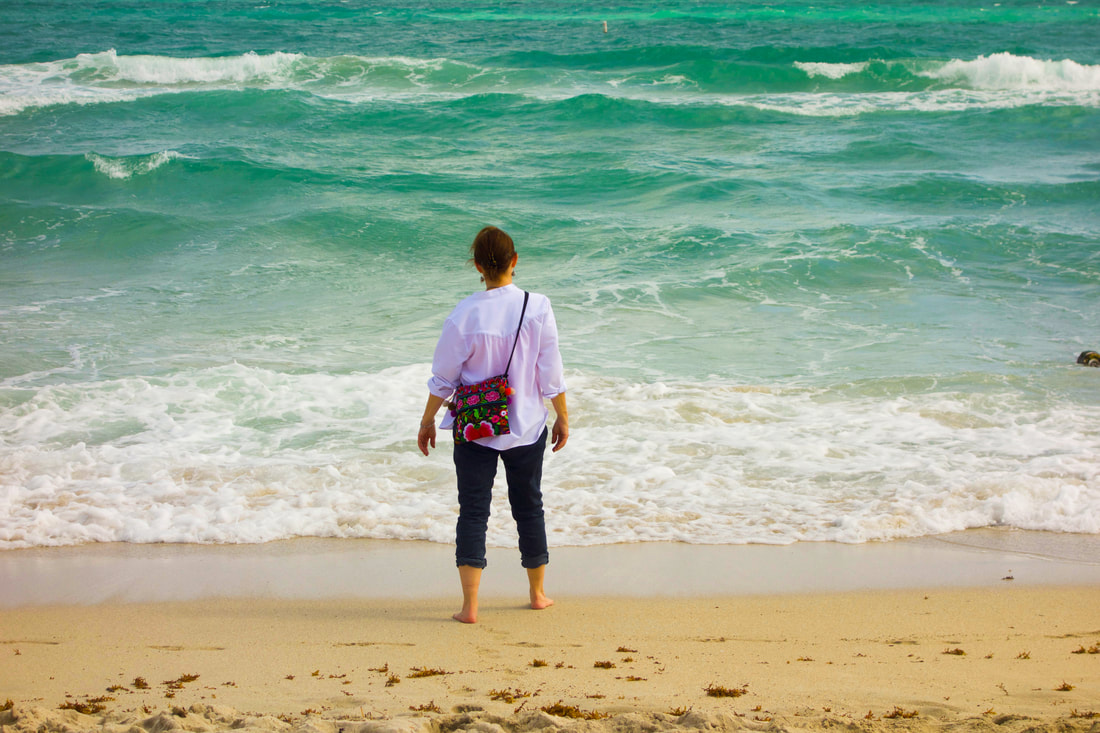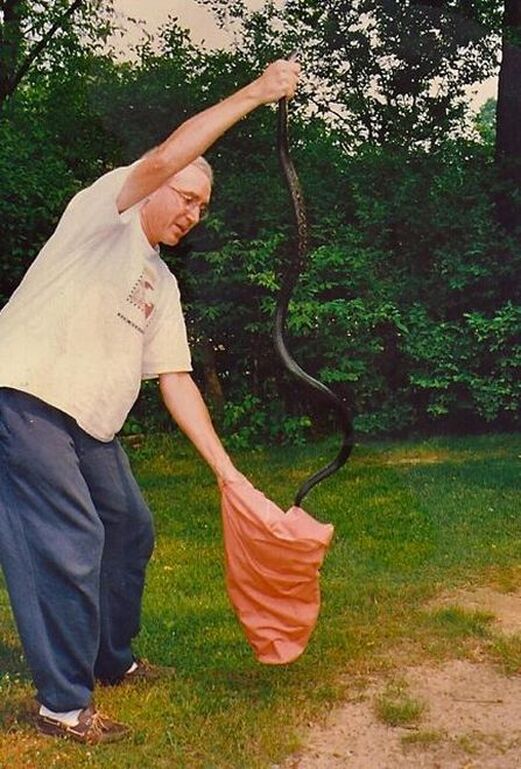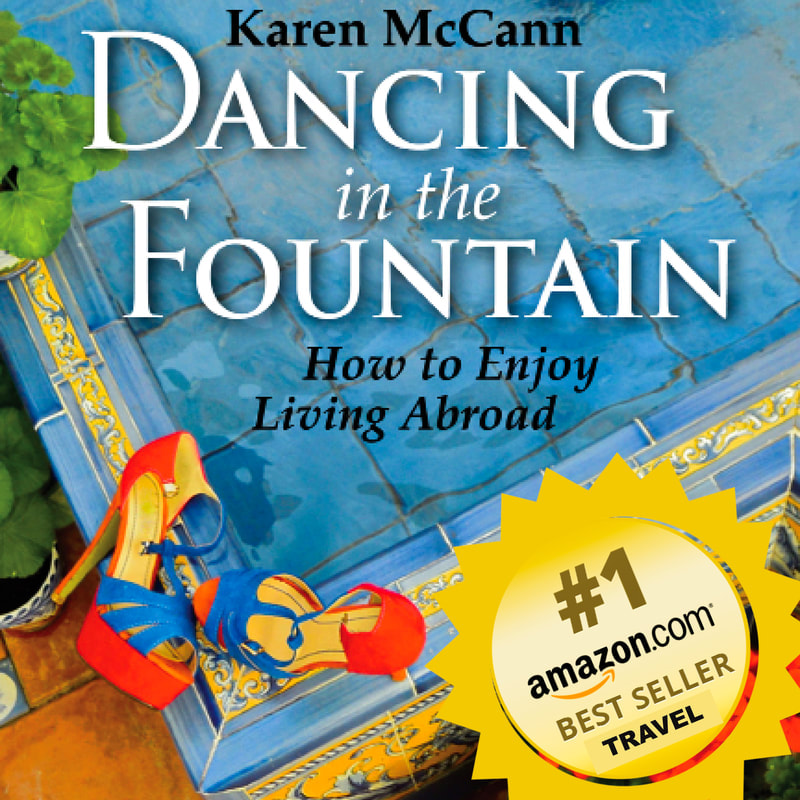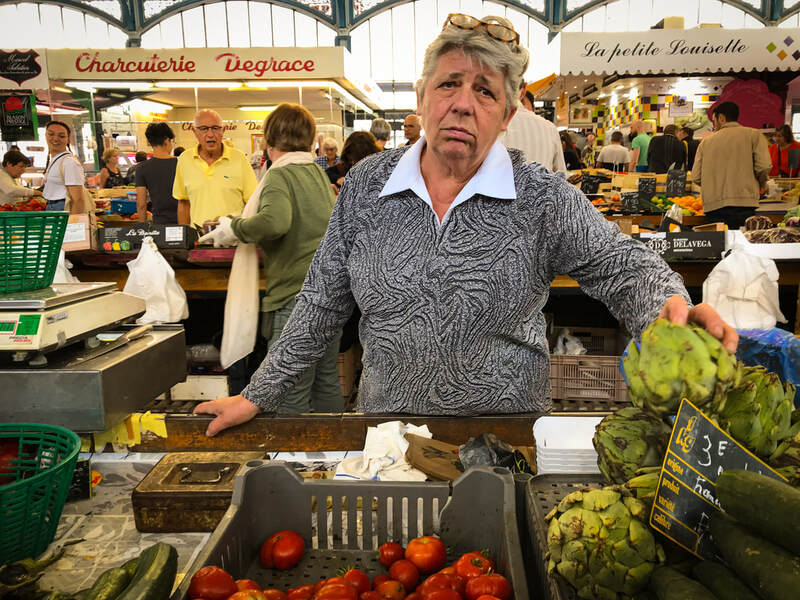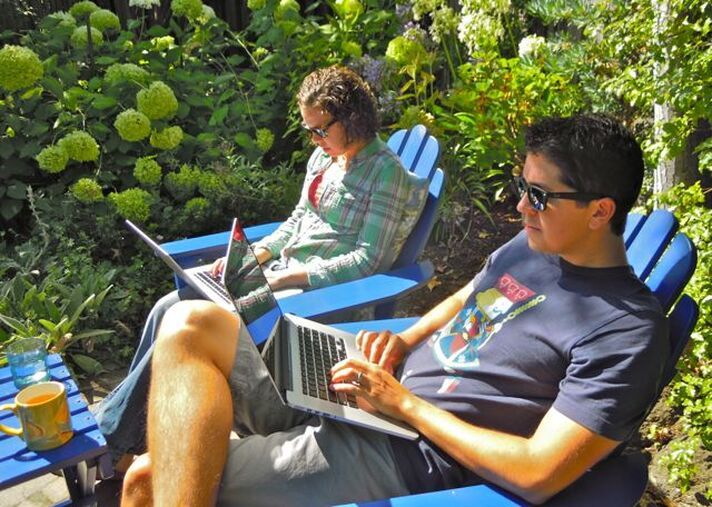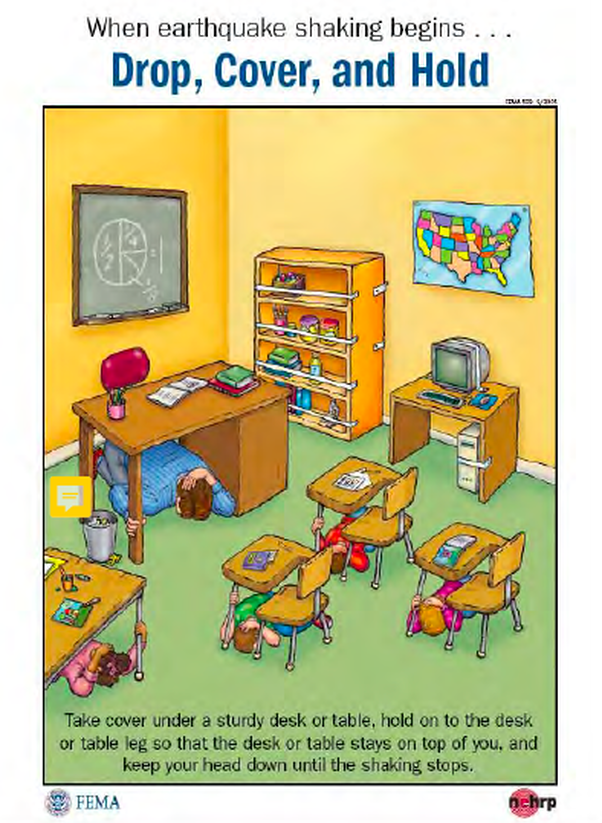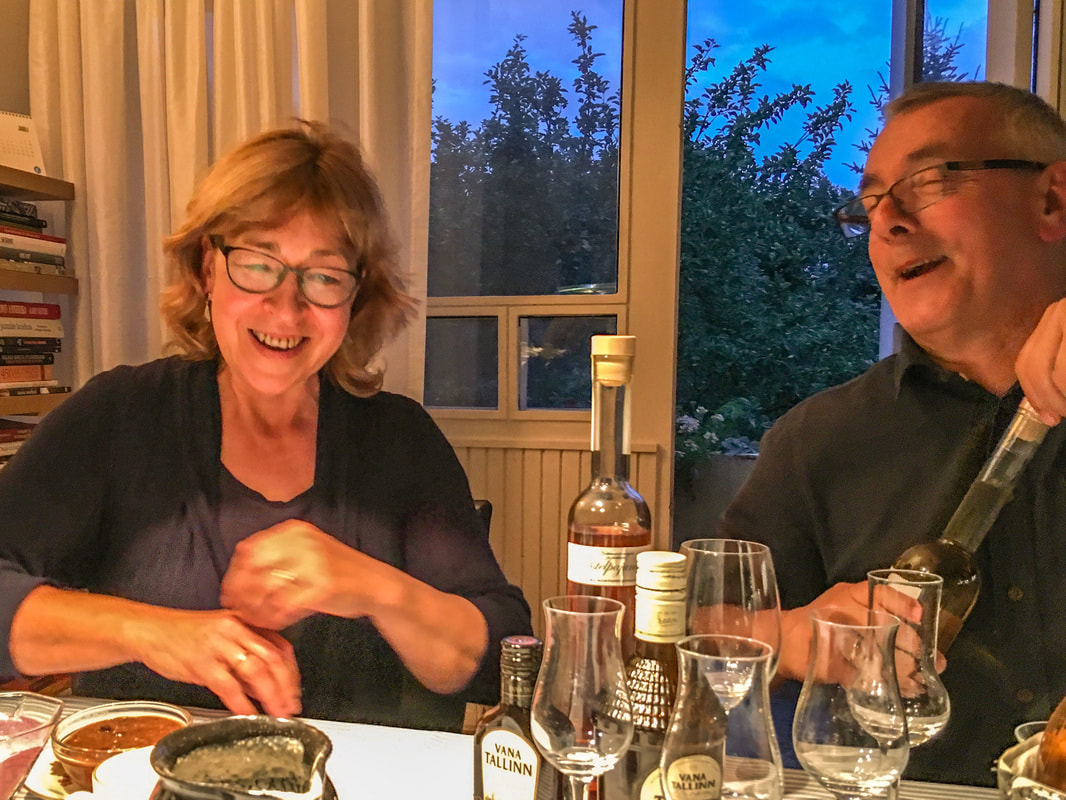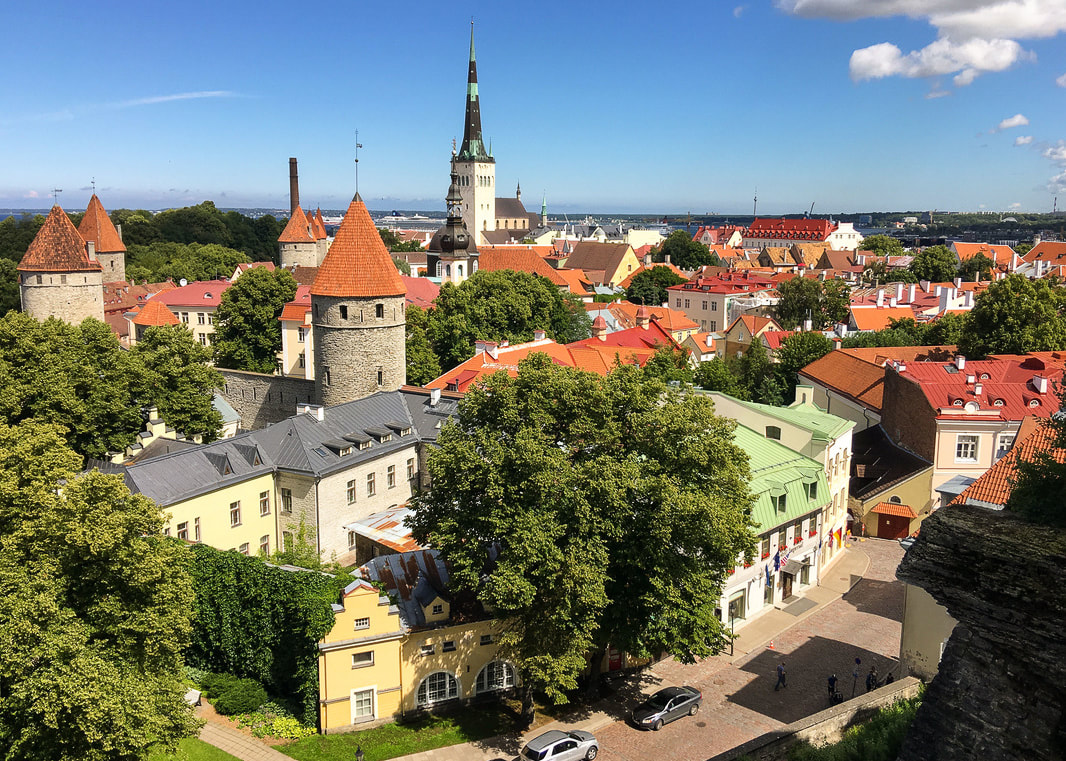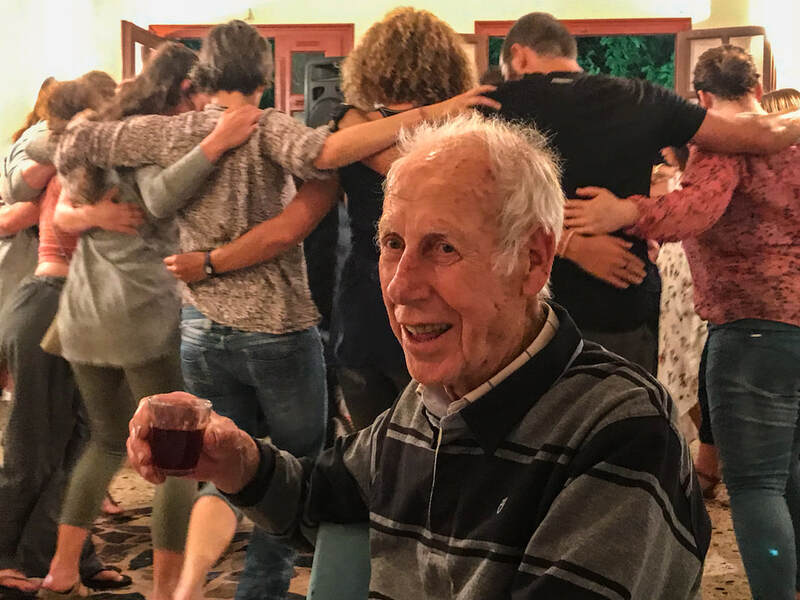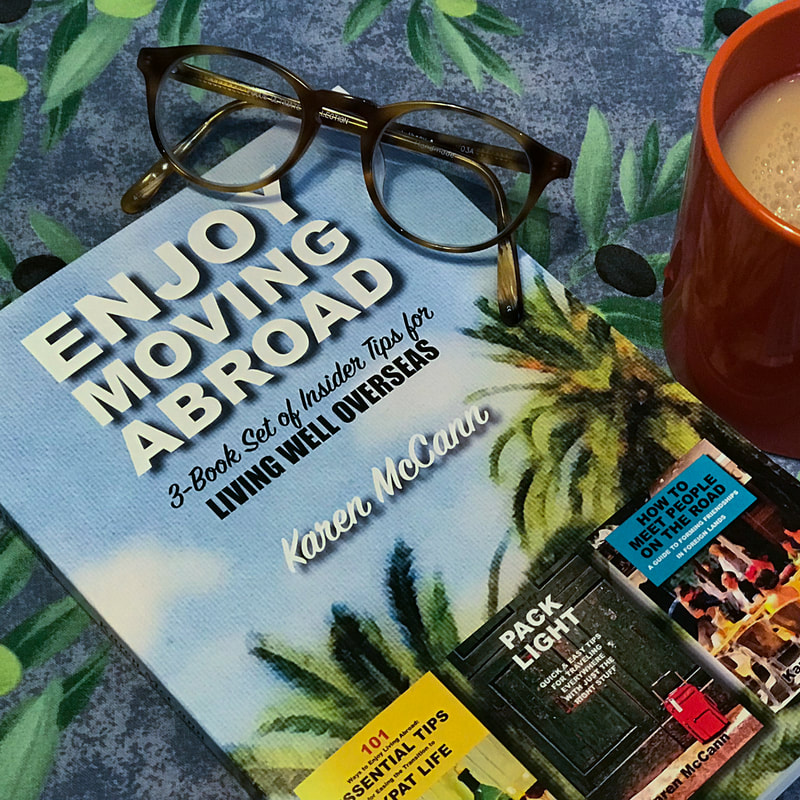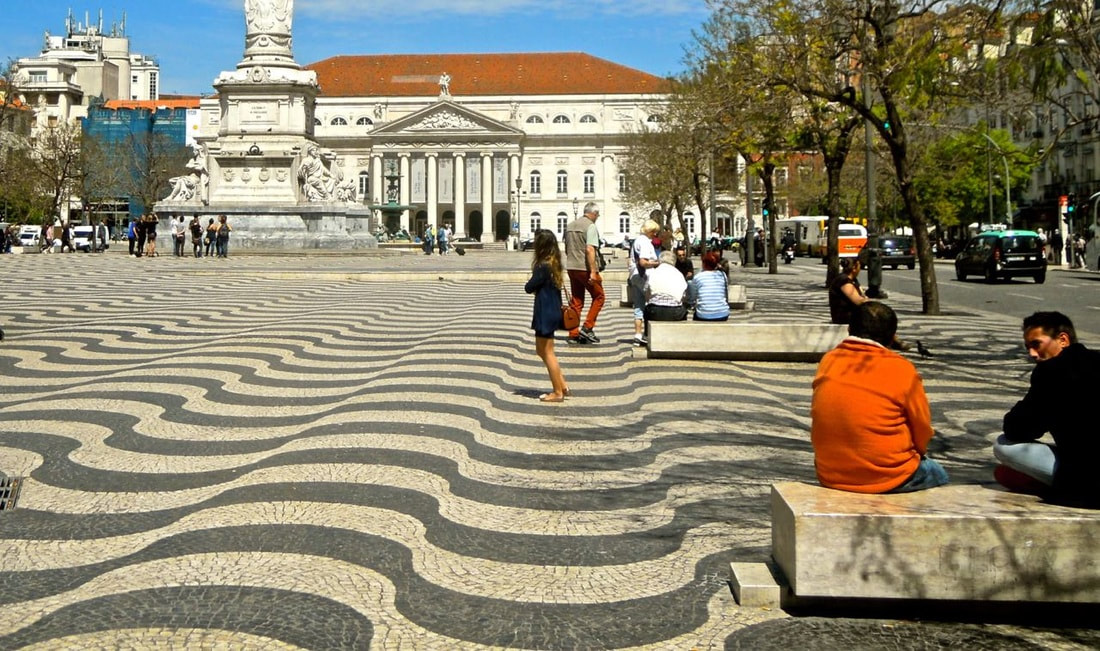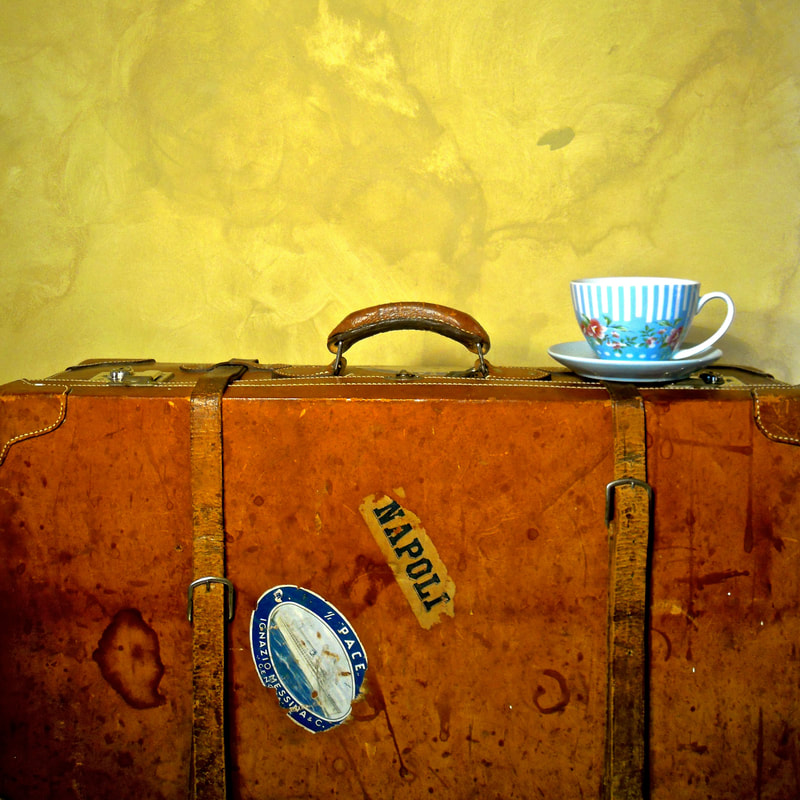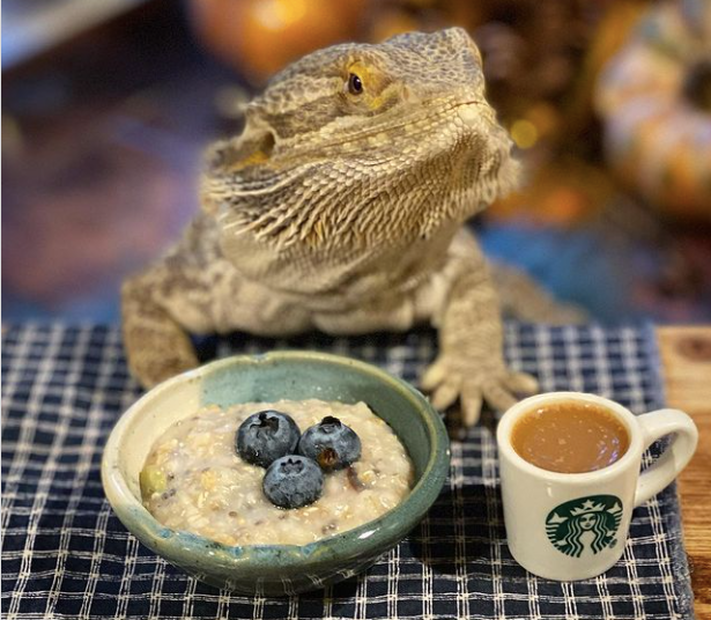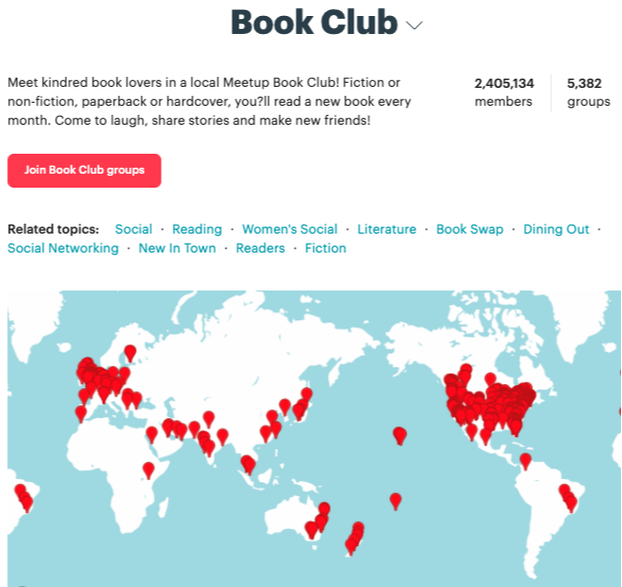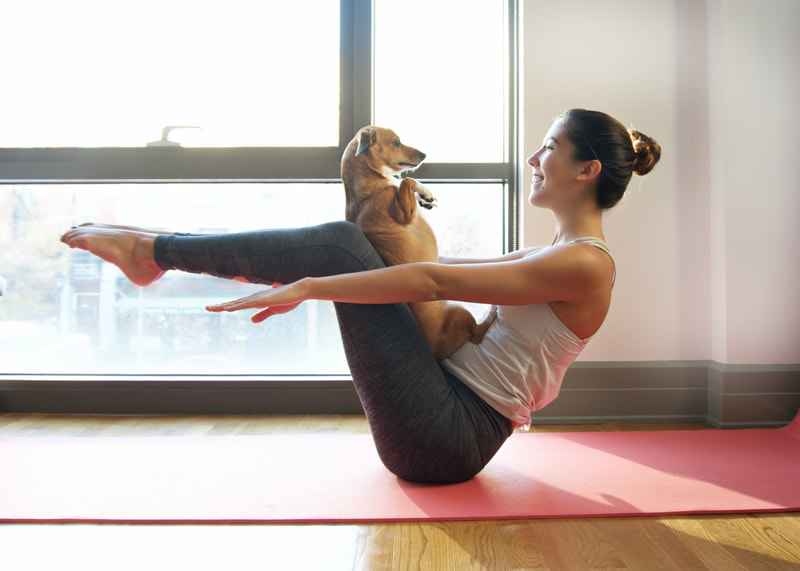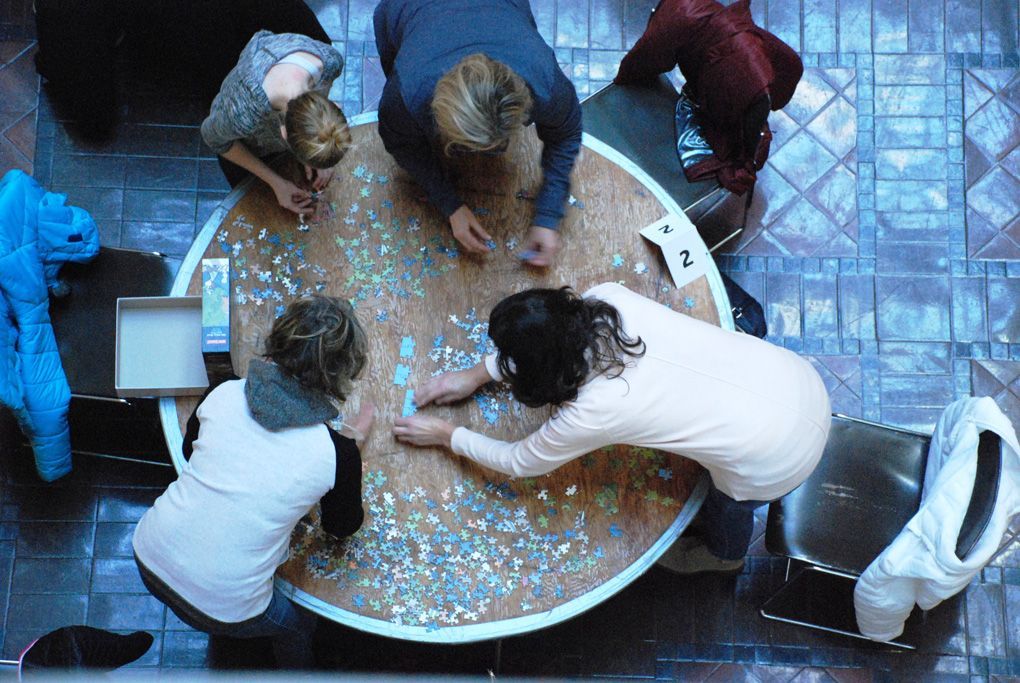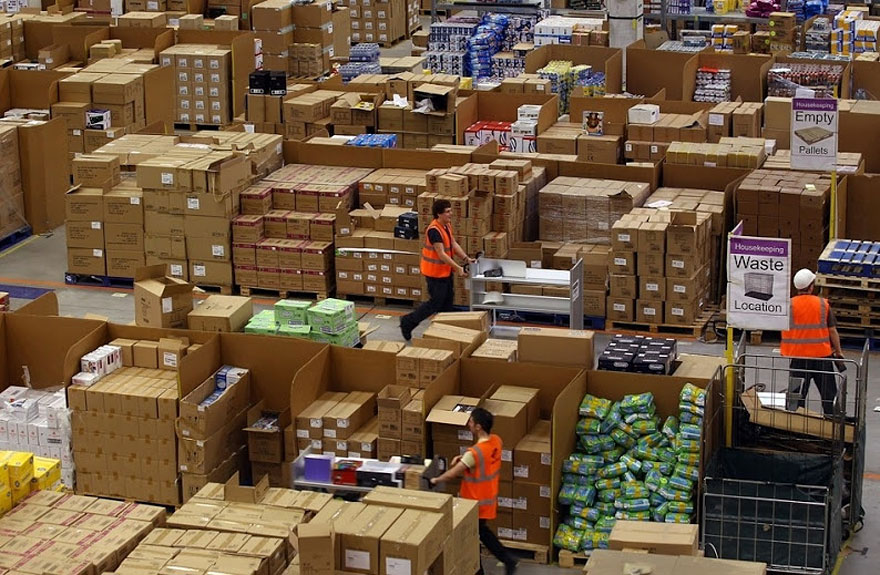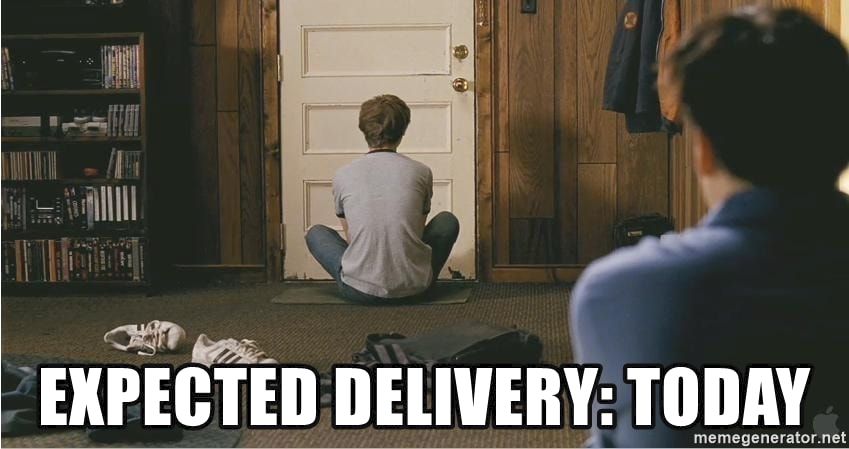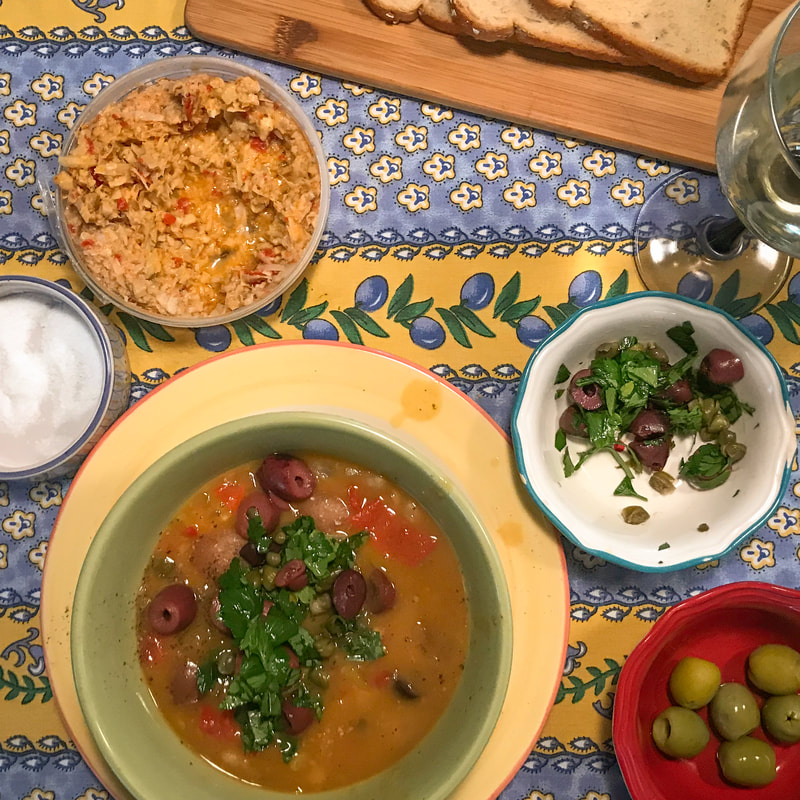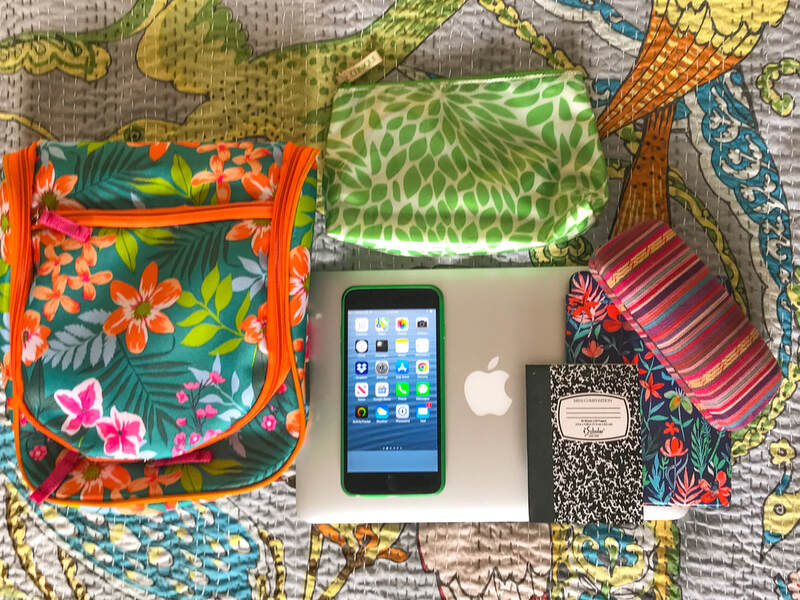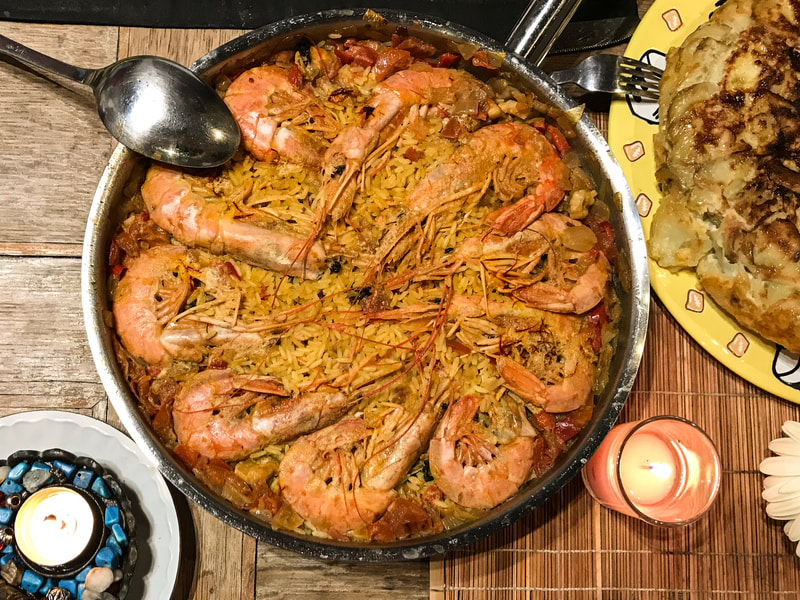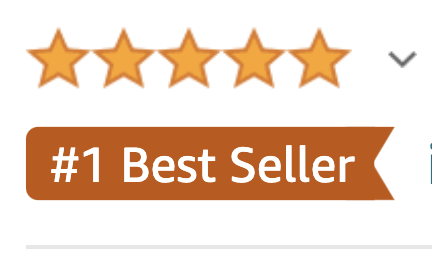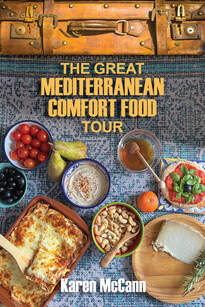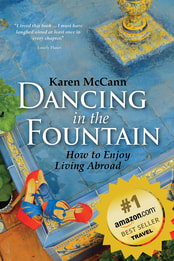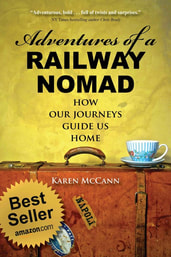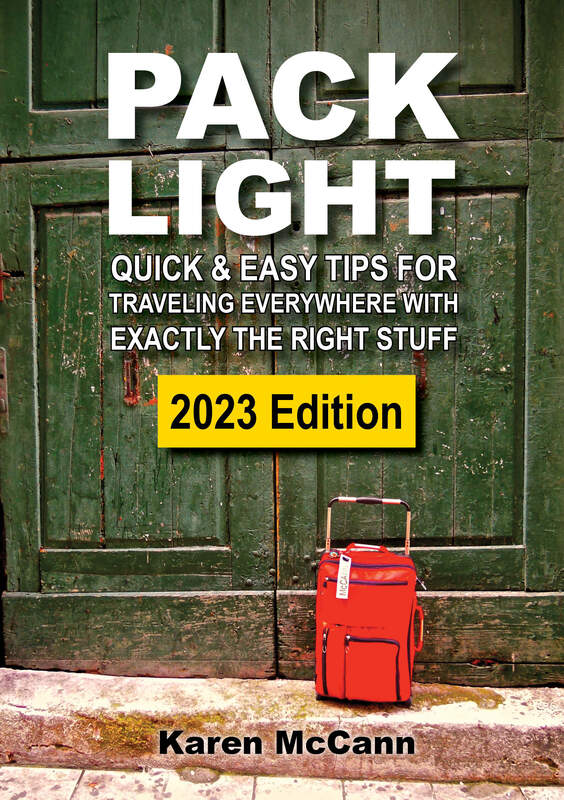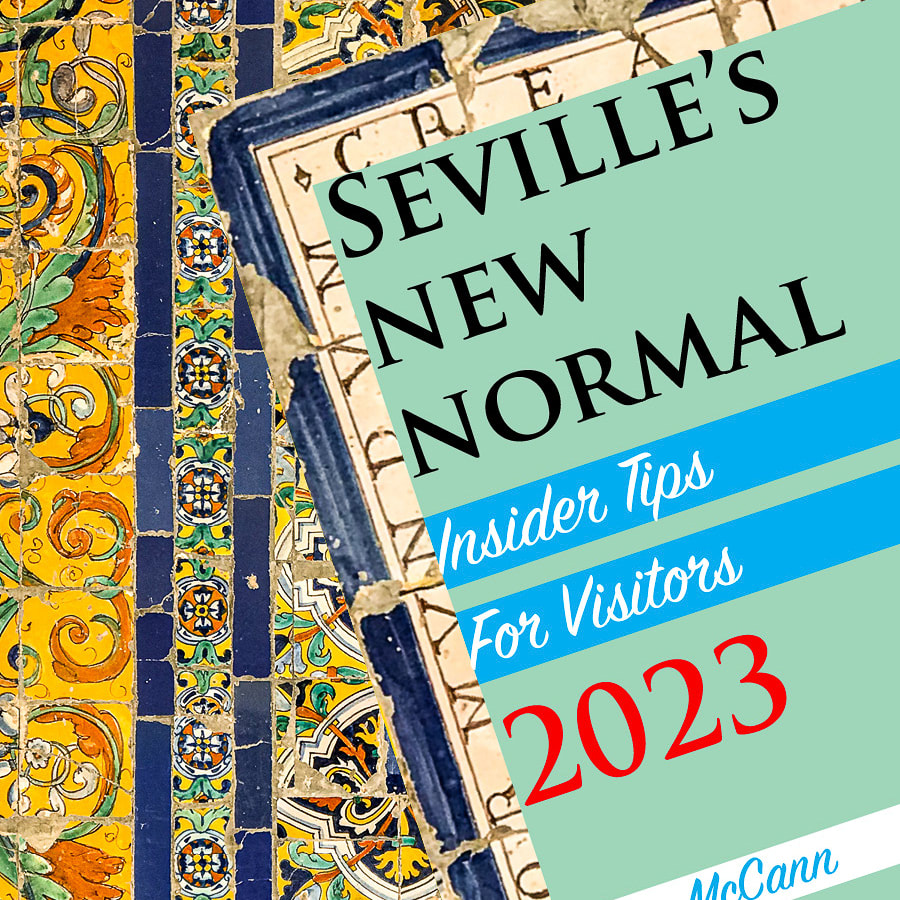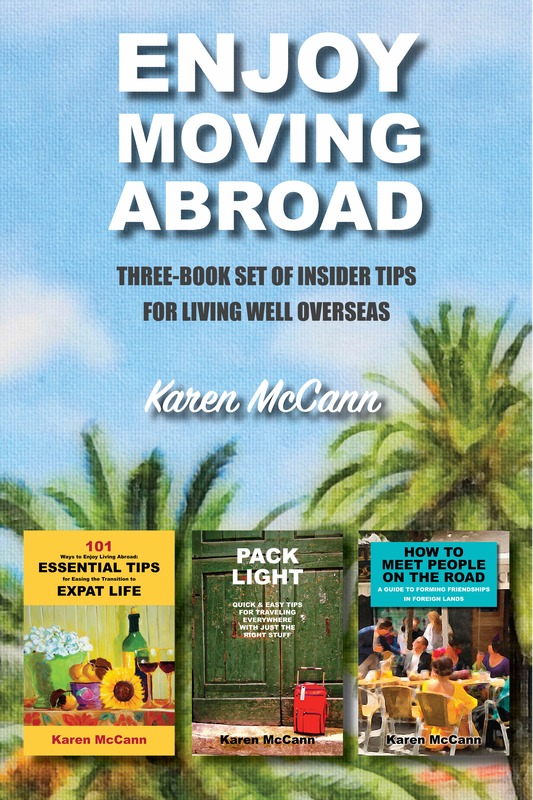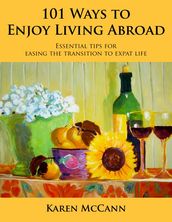|
“The best thing I learned from our travels,” Rich remarked over Sunday lunch, “was how to live with uncertainty.” Even the most carefully planned journey holds some suspense, if only about the weather and the sheer happenstance of daily living. One January in our corporate days, Rich and I took the chairman of the board and his wife on a business trip to a luxury hotel, certain they’d love it. The heating system in their room went on the fritz, so they passed the night in shivering misery and, no doubt, cursing our names. It was even chillier in the hostel where Rich and I stayed during our visit to Veliko Tarnovo, high in the Bulgarian mountains, in the autumn of 2013. But we loved every minute of it. When you pay $28 a night, you don’t expect much. And yes, our private room had a notable lack of scattered rose petals, chocolates on the pillow, hand towels folded to look like swans — or, for that matter, heat. But the dining hall was toasty warm all day, and the communal breakfasts and dinners offered riveting conversations that Rich and I still talk about to this day. My point is that expectations shape how we view all experiences. As Americans, we’re brought up with the unspoken but pervasive belief that if we do everything right we can plant our feet on solid ground and count on a life that’s perfectly secure, permanently comfortable, and filled with our fair share of pleasures. That’s always been a pipe dream. “Our lives are written in disappearing ink,” said author Michelle Cliff. The pandemic has made that obvious in ways we can’t ignore. Never have so many been so uncertain about so much for so long. If we’ve got any hope of maintaining our sanity through all this, we need to find a way to embrace uncertainty. And the best way to do that, the Buddhists suggest, is to think less about the past and future, and focus on the present moment. Now, you may be thinking: “But the present moment is so boring!” Which brings us to the second thing travel can teach us: how to cope with boredom. 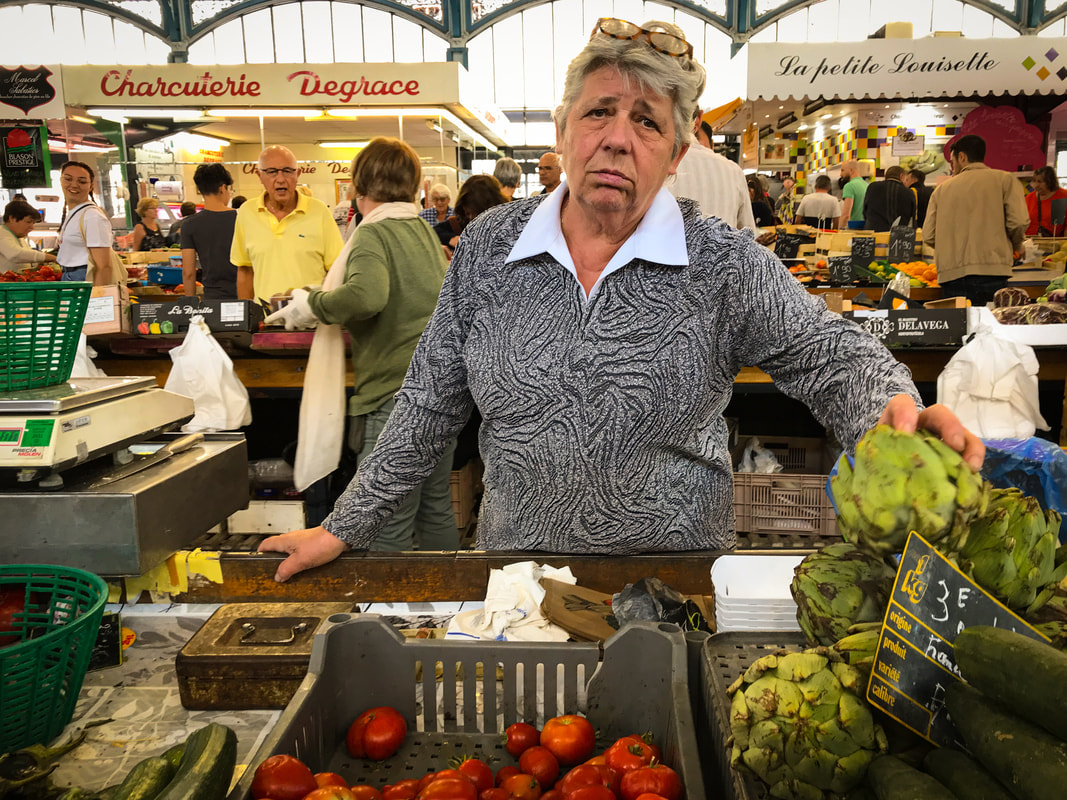 Our understanding of boredom is largely cultural. To the Frenchwoman above, it’s ennui, a sort of languid, jaded world-weariness. The Germans identify it straightforwardly as langeweile, a long time. Russians call it skuka after the sound of clucking chickens. In Nigeria young men speak of zaman kashin wando, sitting so long you wear out your pants. The concept of boredom is a modern invention, arising when the Industrial Revolution and train schedules suddenly required everyone to live by the clock. Identifying work hours created the idea of spare time — and pressure to maximize it before the next shift started. Australian anthropologist Yasmine Musharbash, who studies boredom in indigenous populations, says, “Traditionally, and by that, I mean pre-colonization, there would not have been such a thing as boredom. Boredom is when you rub up against time. That just would not have happened before. Because of colonization and how the day is structured — school bells, work times — time becomes a straitjacket.” In Western society, she says, it starts when we’re babies. “Bedtime trains us for work and makes us good workers. We learn that certain things need to be done at certain times. It is a pretty brutal lesson, but it is a way of accepting that time is the boss of you.” One of the hardest adjustments of the pandemic is losing the structure that has ruled our daily lives since infancy. For some, time seems to stretch out in a seamless eternity of sameness. Others are caught up in the frenzy of working from home while overseeing the kids’ online studies and doing the astonishing amount of cooking required to put three meals on the table seven days a week. Circumstances vary, but we’ve all lost the familiar routines that once governed our days. Much as we do when we travel. While relaxing the timetable can bring a sense of freedom, I’ve learned completely unstructured days leave me feeling adrift. On the road and at home, Rich and I establish routines that give rhythm to our day. We set aside hours for working online: doing research, keeping up with emails, and (in my case) writing my blog posts. During this time, we give each other plenty of psychological space. Even when working elbow-to-elbow at the kitchen table of a tiny Airbnb, we rarely interrupt each other, knowing that having some private headspace is vital to our sanity. It takes a lot for one of us to violate this code. One of the few times it’s happened, during a long-ago emergency in Ohio, I didn’t respond well. I should have known Rich would have a good reason for bursting into my office, but I didn’t even look up from the screen as I snapped, “I don’t care if the house is on fire. I have to finish this.” “Okay,” he said. “I just thought you might want to know there’s a six-foot snake on our bed.” In the pandemonium that followed, the snake slithered into a heating vent, and eventually a policeman helped Rich grab the wily reptile and stuff it into a pillow case. As Rich and I drove off to release it into the wild, the pillow case started to move. I thought Rich was jiggling it in jest. Then the snake’s head shot up out of the opening, and it began biting him on the hand — so hard its fangs snapped off. Luckily it was just a harmless black rat snake. We kept the fangs in a glass jar for years to impress the neighborhood kids. OK, I know I must have had some reason for telling the snake story . . . Oh yes, coping strategies. Living in the present moment helps, as does establishing some kind of routine. My third suggestion is about acceptance. Take shortages, for instance. My supermarket is often completely out of toilet paper, no longer carries my favorite crackers, and sells only canned artichoke hearts too fibrous to chew. Small annoyances, I agree, but still. Big chain stores and online shopping have trained us to expect a vast array of options at low prices with a money-back guarantee. Traveling abroad, I’ve learned to choose from among a few off-brand products that are only very approximately what I want. The silver lining? Having fewer choices actually makes us happier, according to research by psychologist Barry Schwartz. Constantly seeking maximum satisfaction can turn people into discontented perfectionists, while those who accept the first available option that meets their criteria tend to be happier with their purchase. As disconcerting as it is to see near-empty shelves, snapping up one of three remaining rolls of paper towels is positively thrilling. We’re all struggling to reconstruct our disrupted lives while wondering about the future. Whenever I contemplate the long term effects of the pandemic, I remember a Buddhist lecturer who said that when the Dalai Lama was asked about the legacy of the French Revolution. he replied, “Oh, it’s much too soon to say.” Yes, we live in an age of profound uncertainty with unknown consequences. But then, doesn’t everyone? This post is part of my ongoing series of articles on surviving the pandemic, if possible with some of our sanity and sense of humor intact. Each week I provide tips, strategies, and reasons for hope.
Sign up HERE to get free stories in your inbox each week. Feel free to share Three Ways Travel Prepares Us for Pandemic Survival with family and friends. https://www.enjoylivingabroad.com/my-blog/three-ways-travel-prepares-us-for-pandemic-suvival YOU MIGHT ALSO ENJOY
15 Comments
After the earthquake last Saturday night, as soon as the couch stopped shaking, I turned to Rich and said, “So it’s true. Mother Earth really is trying to kill us.” It wasn’t Her best effort; a mere 4.2 on the Richter scale, just enough to startle. By the time I realized it might be wise to dive under the furniture, it was all over. The previous quake, which struck on December 31st — a little parting gift from our old pal, 2020 — was even weaker, but with the epicenter just a few miles away, that one bounced me like a trampoline. Ah, the joys of living in California. It’s been pretty wild around here lately, but with the state’s Covid numbers (finally!) dropping a bit and vaccines on the way (yes, they are!), there’s room for optimism. For months, those vaccines were like Bigfoot — the stuff of legend without any reliable sightings. Now a few people I know have received their shots, including someone who joined a high-priced concierge medical service to get one, and a veteran who's flying to a military base that's doing inoculations. “Do we have to up our game?” I say to Rich whenever we hear such stories. “Bribe or hustle our way into line?” I don’t mind waiting behind nursing home residents and essential workers but hate to be outdone by the rich and crafty. “I think things are about to get better,” Rich said yesterday, and sent me the NY Times story, “Biden’s Covid-19 Plan Is Maddeningly Obvious.” The real shocker, says the article, is that these no-brainer solutions weren’t in place months ago: “Loosen the restrictions on who can get vaccinated (and when). Set up many more sites where vaccinations can take place. Mobilize more medical personnel to deliver the vaccinations. And use the might of the federal government to increase the vaccine supply by manufacturing whatever is needed, whenever it is needed, to accelerate the effort.” Amen to all that! The plan calls for FEMA to set up vaccination sites in gyms, sports stadiums, community centers, and mobile units. “They’re evaluating how to eke out more doses from the existing supply — there is, for instance, a particular syringe that will get you six doses out of a given quantity of Pfizer’s vaccine rather than five, and they are looking at whether the Defense Production Act could accelerate production of that particular syringe and other, similarly useful goods.” Reading those plans gave me a first flicker of hope that we might actually be on the verge of moving past this phase of our lives into a — dare I say it? — post-pandemic world. Naturally everyone’s speculating madly about what the future will look like, and the only thing they all agree on is that we won't return to pre-Covid normal. For a start, many of the 100 million Americans now working from home will keep doing so in 2021, possibly forever. And that, my friends, is the sound of opportunity knocking. As many of my expat pals have learned, working remotely means you can live anywhere, moving on whenever you’re ready for a change of scenery. For those fed up with staring at the same four walls and the same old view out the window, that’s a heady idea. Just think about becoming a digital nomad, working remotely in another part of the US. Or even more excitingly, doing your job from abroad, which just got a lot easier thanks to new digital nomad visas designed to attract working visitors as soon as travel restrictions are lifted. “Portugal, as of February 1st, 2021 will take the most significant leap yet, with the islands of Madeira embracing nomads with their very own village,” observes travel writer Gilbert Ott. “Ponta Do Sol will become the first pilot project village aiming to create a symbiotic relationship between locals and digital nomads, who are actively being encouraged to visit.” Before you start downloading Portuguese language tapes, take a moment to consider some of the other places waiting with open arms. I’ve compiled a list (you’ll find it below), but before we get to that, let me fill you in on how it works. The digital nomad idea became practical around 2008, when advances in internet and cell phone services made it possible to interact seamlessly with clients and employers thousands of miles away. That’s when my friends Lindsay and Ross, Americans working in Seville, found online jobs through Craigslist and decided to make their home in the larger world. “We threw all the chips in and bet everything on this decision,” Ross told me. They reduced their entire worldly goods to two suitcases, a small roll-aboard, a backpack, Ross’s guitar, and their dog, Rocky. Strict travel protocols were developed; if one of them bought a t-shirt, they had to get rid of t-shirt; no extras allowed. Like most young couples, they lived in modest rented apartments and worked hard five days a week. But when they walked outside after hours, they were always someplace new and exciting. “It’s really not a question of why we do it,” said Lindsay. “It’s more a question of why doesn’t everyone do it?” This year we’re seeing another giant leap forward in the digital nomad lifestyle. Until now, most traveled under tourist visas, which usually limit the stay to 90 days and prohibit working. But now (drumroll, please!) more than a dozen countries are offering some version of digital nomad visas, which allow you to stay a year or more while you continue doing your job from, say, an apartment in Greece or beach house Costa Rica. The amount of paperwork varies considerably, as does the application fee, which can be a modest $100 or run as high as $2000 for an individual, $3000 for a family. In some cases, you may be asked to demonstrate you’re actually employed or a business owner, not just a vacationer looking for excellent wifi and other perks— such as the access to healthcare, telecom, utilities, and all the other benefits offered by Dubai. So what countries offer some version of the digital nomad visa? Barbados Bermuda Cayman Islands Costa Rica Czech Republic Dubai Estonia Germany Greece Mexico Norway Portugal Republic of Georgia Rich and I have visited most of these countries, and there's no question they can be a lot of fun. Sensibly, most countries won’t allow Americans to enter until we get our pandemic numbers under control. But hey, that just means you have sufficient time to consider whether the digital nomad lifestyle is for you. Not up for living abroad? If you’re working remotely, retired, or otherwise untethered to a specific geographic area, this may be the year to explore new horizons nearer home. A recent study showed that when you’re on the fence about a major life decision, choosing to make a change is overwhelming more satisfying than clinging to the status quo. Actress Goldie Hawn said, “We have to embrace obstacles to reach the next stage of joy.” I think we’ve all embraced more than our fair share of obstacles lately. Is it finally time to think about getting out there — whenever it's safe — and embracing a little joy? YOU MIGHT ALSO ENJOY
This post is part of my ongoing series of articles on surviving the pandemic and (if we're lucky) beginning the transition to a post-Covid world. Each week I provide tips, strategies, comfort food recipes, and reasons for hope. Sign up HERE to get free stories in your inbox each week. Feel free to share this Digital Nomad Visas post with family and friends. https://www.enjoylivingabroad.com/my-blog/working-remotely-why-not-do-it-overseas-with-one-of-the-new-digital-nomad-visas OK, 2021, the hour of reckoning has come. Yes, already! You can't deny we performed all the proper rituals — red underwear, grapes, buckets of water out the door, 360 million glasses of champaign in the US alone. Frankly, we gave you the most enthusiastic welcome of any year in the history of time. What did we ask in return? Just a little relief from the chaos and madness of past twelve months. But no, you couldn’t resist the opportunity to outdo 2020. You just had to start off the very first week with an insurrection designed to derail American democracy. What’s next? No, don’t tell me. I’m not sure my nerves can take it. So much for my foolish notion that 2021 would be better than its predecessor. I was preparing to write this year off as a total washout (why wait until the last minute?) but then I paused to reflect on some inspiring stories that have already come out of it. Stories of those who are finding ways to stay engaged in the world in spite of everything. For instance, I’m still basking in the sheer delight of my latest discovery: a lizard (specifically a bearded dragon) who has published his own cookbook, Chef Lenny: Cooking for Humans. True story; I couldn’t make this stuff up. “It was my quarantine project,” says Valerie Musser, Lenny’s owner, ghost writer, and publicist. When her catering business was derailed by the pandemic, she began writing a long-postponed cookbook and amused herself posting Instagram photos of Lenny in a miniature chef’s hat she found on Etsy. “He actually loves wearing hats and posing for photos, so I started making miniature food for him to show off with.” Moreover, Lenny has a classic chef’s temperament. “He is very pretentious. His body language is kind of crazy, he wants what he wants, he’s very demanding and he’s kind of a snob about food, very fussy, so this project fits him very well.” Lenny isn’t the only unexpected new celebrity. Fans of fungi will be pleased to know the once-humble mushroom has had series of makeovers and is now popping up everywhere. Adidas’ line of “vegan footwear” includes sneakers made of “mushroom-based leather” derived from the fast-growing roots known as mycelium. A Stanford designer is growing mushrooms on a diet of sawdust and using their mycelium to make bricks that are said to be “stronger than concrete.” And never worry that demand will outstrip the supply, because a Dutch inventor has created a coffin that turns bodies into mushrooms. It takes just a single week to create a “living cocoon” by growing mycelium around a box-shaped frame with an open bottom. When the time comes, you just lay your loved one to rest inside, and he or she will spend the next few years decomposing gracefully back into the earth, adding nutrients to the soil. Not surprisingly, getting this product to market will require overcoming some serious legal hurdles and the creepiness factor. If only Tales from the Crypt was still around to serve as the sponsor. In the constellation of new superstars, perhaps the most astounding virtuoso is Secret, a young Australian shepherd who’s become an adept practitioner of doga, or dog yoga. When not mastering complex asanas (yoga poses), Secret enjoys spending time with his human, Mary Peters, painting, doing housework, and learning CPR. Another creature-human relationship that’s taken the quarantined world by storm is the heartwarming platonic romance between Craig Foster and a female octopus living in the kelp forest of South Africa’s Cape of Storms. “What Charlotte’s Web did in the popular imagination for the humble, much-maligned barn spider, My Octopus Teacher sets out to achieve for the eight-limbed mollusc of its title,” says Variety in a review titled “An Eight-Legged Freak Becomes a Friend in Netflix’s Gorgeous Hit Nature Doc.” The film is sensitive, intelligent, and mind-expanding, so naturally somebody had to do a goofy parody. Filmmakers rose to the challenge with My Kreepy Teacher, the story of a man bonding with his Kreepy Krauly-brand pool cleaner. With the possible exception of the dog Secret, relationships with members of other species (let alone inanimate objects like the Kreepy Krauly pool cleaner) are severely limited by physical, verbal, and social differences. Despite all its complications, we are hard wired to need human companionship. During a recent Zoom call, my sister Kate remarked that on top of everything else, we hardly ever get to meet new people these days. She’s right. Except for brief encounters with neighbors and sales clerks, I rarely speak to anyone who isn’t a relative or long-time friend. That got me thinking: How can we connect up — safely, online — with new people, preferably in a lively interactive format? One of the best ways is via Meetup, an online organizer started by New Yorkers in the wake of 9/11, when encounters with neighbors gave them a fresh appreciation of the value of human connection in dark times. It costs nothing to join; you just sign up with any group that looks interesting (like the drive-in movie group I belong to) and they send you notices of events. Nowadays everything is tailored to helping us through the pandemic, with categories such as Learn New Skills, Live Mindfully, Deepen Your Tech Knowledge, and Make Lasting Connections. There are also 3,700 board game groups and 2,500 card game groups where you can play with locals or people around the world. But what really caught my eye was Meetup’s 5,382 book clubs. It’s fun to think about joining one of the giants, such as the London Philosophy Club or Dharma Drink: the Hangout for Buddhists (& like minded) in New York, each of which has about 10,000 members. No doubt they break out into smaller discussion subgroups, but even so, I’d feel lost in a crowd that large. You can find smaller book clubs on Meetup or through your local public library or book store. Before joining any group, be sure to find out if they read the kind of stuff you actually like. Years ago I was flattered by an invitation to join a highbrow literary book club, where I floundered through pedantic discussions of classics I admired but didn’t enjoy one bit. As you can imagine, I hightailed it out of there as soon as possible and joined a different book club. We humans are social creatures. Our survival as individuals and as a species has always depended upon connection and cooperation. These days few of us are called upon to help the neighbors hunt a mastodon or raise a barn, but even when we’re simply partnering in a game of online Monopoly, we’re making a vital contribution to the community. Everyone needs a sense of support, the warmth of laughter, and some reassurance that we are not alone in this time of crisis. “Love and compassion,” says the Dalai Lama, “are necessities, not luxuries. Without them, humanity cannot survive.” That’s never been truer than in 2021. DEAR READERS I write these posts to contribute a little cheeriness to the general conversation, in hopes it will help us all get through these troubling times with a bit more grace and comfort. Please feel free to pass on the link to your family, friends, Zoom acquaintances, and book clubs. All are welcome here. https://www.enjoylivingabroad.com/my-blog/lets-not-give-up-on-2021-just-yet And before I close, I can't resist including one more small delight to brighten these dark days: an astonishing 3D animation from Le Petit Chef, a small country restaurant northeast of Paris. They project it onto your table while you’re waiting for dessert. Bon appétit! YOU MIGHT ALSO ENJOY
This post is part of my ongoing series of articles on surviving the pandemic while holding on to some shreds of our sanity and sense of humor, however weird things get. Sign up HERE to get free stories in your inbox each week. I no longer make New Year’s resolutions — which only 8% of people keep anyway — but this time around I’m making an exception. And I’m serious. No matter how desperate I am for something new to watch, I will not stream the movie Songbird. Haven’t heard of it? Here’s the premise: It’s the 213th week of pandemic lockdown from Covid-23. I know, right? It’s beginning to feel like that already. But wait, there’s more. A hundred and ten million people are dead, officials can test you remotely, and if you resist going to one of the squalid quarantine camps, they shoot you on sight. Being an optimist, I watched the trailer and said to Rich, “See? We don’t have it so bad!” Rotten Tomatoes gave Songbird a single star and called it “an appalling melange of insipid disaster drama and implausible romance with a bit of dystopian satire thrown in. This is a crass cash-in meant to prey on our pandemic anxieties, not grapple with them.” Yikes! So I’ve already found one thing to make me happier in 2021: avoiding Songbird. Whew! I feel I’m making progress already and we’re only a week into the year. I’m also determined to avoid impulse-buying unnecessary stuff — a pastime that gave 2020 yet another nickname: The Year of Buyer’s Remorse. Apparently panic-stockpiling toilet paper was merely the warm up; many people are now stuck with clothes they can’t wear, electronics they don’t need, even houses they can’t stand. Paula Gillespie, for instance, was aghast when her husband surprised her with a camper. “The thing is too big for his truck and dangerous, and I absolutely refuse to go anywhere with it due to the dangers of it,” she said. The camper now sits idle near the fishing boat her husband bought, despite the fact they live nowhere near a boat-worthy body of water. Maureen Rashidifard’s pandemic splurges include a resistance-training apparatus, a sewing machine, a TV with a DVD player, roller skates, and a program designed to teach her kids every language on the planet. So far, nobody in the family has buffed up or learned Mandarin. As for the skates, “I fell so hard that my hat flew off my head,” she said. “I had to walk home in my socks carrying my skates, and I haven’t touched them since.” One of the hottest commodities? Puppies, especially the easy-care, ultra-adorable breeds that make you want to spend the rest of the pandemic snuggling on the couch with your new best friend. Sales of goldendoodles — a mix of good-natured golden retriever and low-shedding poodle — are reportedly up 700%, despite the fact that top breeders charge $4000 a pup. City folks reluctant to hit the streets on a schedule suitable for a puppy’s bladder have generated a 200% rise in the demand for doggie diapers. Rich and I have resisted impulse-buying any pets, as we know it’s impractical given our plans to return to Spain when all the stars finally align. But I have to admit feeling puppy envy when I talk to my sister Kate, who recently adopted a miniature Australian shepherd. It’s her second of the breed, and while the first was a mild-mannered Clark Kent-type, this one’s a superdog called Bear who’s bursting with energy and creative ideas for enlivening lockdown. Speaking of food, another thing I’ll be avoiding is restaurant dining. Luckily I love to cook, especially on Sundays. In Spain, that's when families gather for late, long, leisurely lunches, and early in the pandemic, Rich and I decided to maintain this satisfying European tradition. We devote Sundays to rest and relaxation (no writing posts, jumping on the stair stepper, or even taking long hikes) so we have plenty of time to experiment with new dishes. I find I do my best work to Dean Martin singing “That’s Amore,” “Volare,” and “Ain’t That a Kick in the Head” (which I’ve nominated for the pandemic’s theme song). Thanks to Dean, I was inspired to kick off 2021 with an Italian dish: Potato and White Bean Puttanesca Soup. This easy, heartwarming dish [see recipe here] is enlivened by a topping of capers, Kalamata olives, and fresh parsley. The recipe, now enshrined in our permanent collection, is the first — and apparently last — to be clipped from an actual copy of the NY Times. A month ago we subscribed to the Sunday edition, seeking a pastime that had the novelty of not including a screen. Week after week we received a flurry of apologies instead of the paper. Only once did a copy materialize at the end of our driveway; I can only assume there was a substitute delivery person who didn’t get the memo about the circulation department's mysterious vendetta against us. We're now resigned to the fact that subscribing to the Times is yet another activity we are destined to forego this year. Fortunately, we found an alternative pastime in the latest craze: jigsaw puzzles. Sales are booming during lockdown. “The surge in demand,” CNBC reported, “is comparable to demand during the Great Depression, according to one puzzle historian.” So puzzle historians are a thing now? Who knew? Most of the time, I find puzzles soothing and absorbing. Only rarely do I fling up my hands, exclaiming, “This one’s incomplete! Defective! There is no corner piece with a dog’s — oh wait, here it is.” Afterwards, disassembly requires the kind of spiritual strength Buddhist monks display in destroying their sand mandalas immediately upon completion. “You know the cabin puzzle we just completed?” Rich remarked at breakfast this morning. “I just saw it on Etsy, assembled and framed, for $400.” “Seriously? People buy one and — what? Pretend they did it themselves?” Hmmm, I thought. This could be a great little cottage industry for us. But then I recalled the article “How to be Happier in 2021: Toss Out Your Usual List of New Year’s Resolutions, Says Study.” Scientists pointed out that most resolutions are essentially selfish (get skinnier, richer, more productive); their research showed happiness most often arrives as a byproduct of helping others. Evidently Rich was thinking along the same lines. “I know!” he said. “When we finish, we’ll disassemble the puzzles and send them to friends as a surprise gift. Everyone’s looking for cheerful pastimes these days.” Genius! So in addition to not watching Songbird, buying skates, adopting a puppy, or reading the NY Times in hard copy, we’re won’t be hoarding puzzles. Instead, we’ll set them free to entertain other families who need a break from screen time, politics, and pandemic headlines. The payoff will be a feel-good moment each time we drop one off at the post office. We’ll know that what we’re sending forth is not just a puzzle, but a message of comfort and fellowship in dark times. Now that’s a New Year’s resolution I can get behind. What are you hoping to avoid in 2021? What new pastimes are you embracing? Please let me know in the comments section below. [See Potato and White Bean Puttanesca Soup recipe here] YOU MIGHT ALSO ENJOY
This post is part of my ongoing series of articles on surviving the pandemic while holding on to some shreds of our sanity and sense of humor, however weird things get. Sign up HERE to get free stories in your inbox each week. |
This blog is a promotion-free zone.
As my regular readers know, I never get free or discounted goods or services for mentioning anything on this blog (or anywhere else). I only write about things I find interesting and/or useful. I'm an American travel writer living in California and Seville, Spain. I travel the world seeking eccentric people, quirky places, and outrageously delicious food so I can have the fun of writing about them here.
My current project is OUT TO LUNCH IN SAN FRANCISCO. Don't miss out! SIGN UP HERE to be notified when I publish new posts. Planning a trip?
Use the search box below to find out about other places I've written about. Winner of the 2023 Firebird Book Award for Travel
#1 Amazon Bestseller in Tourist Destinations, Travel Tips, Gastronomy Essays, and Senior Travel
BLOG ARCHIVES
July 2024
CATEGORIES
All
|
